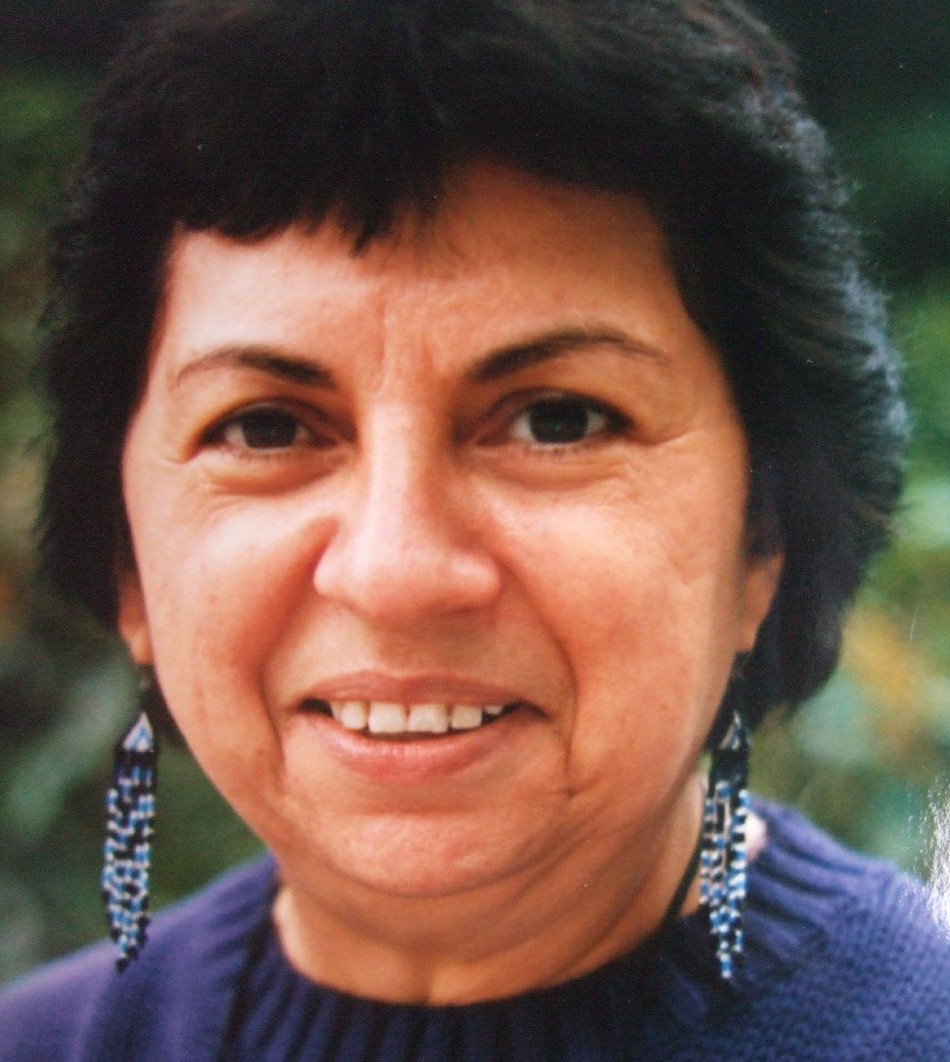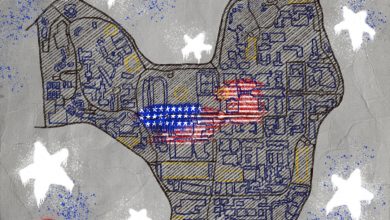Honoring Gloría Anzaldúa

Image: “Gloria Anzaldua” by K. Kendall via Flickr / CC BY 2.0.
Words have power. Stories, articles, and novels shape us. The writer and theorist Gloria Anzaldúa understood that. And because Anzaldúa’s words have shaped me, I would like to honor her as we reach the end of March and the end of Women’s History Month.
If you read Anzaldúa’s Wikipedia page it will tell you that she was a queer, feminist, and Chicana theorist and writer. She was born in 1942 to farm workers in rural Texas, and she died in 2004 while attempting to finish her Ph.D. at UC Santa Cruz. But, this summary of her life and work feels flat to me.
The way I know Anzaldúa is through her lyrical and chaotic words. She writes about spirituality, sexuality, culture, racism, and many other topics with such personality and intensity that I get stuck on every sentence. As she said herself, “the act of writing, is the act of making soul.”
However, Anzaldúa was certainly not writing for me. One of my favorite things about her writing is that she doesn’t expect her reader to completely understand her words. She is known for her bilingual writing in multiple dialects of Spanish and English, so that even many bilingual English/Spanish speakers cannot understand every word she uses.
And then there is the fact that her identity was integral to all of her writing. In a sense, this means that only Gloria Anzaldúa can truly understand the works of Gloria Anzaldúa. However, she also makes an effort to write for other Chicanas, women of color, and queer women.
One of her most famous essays, “Speaking In Tongues: A Letter To 3rd World Women Writers” is a part of a famous collection of essays she co-edited called This Bridge Called My Back, Writings By Radical Women Of Color. In it, she urges women of color to write often and anywhere they can.
“Forget the room of one’s own ﹘ write in the kitchen, lock yourself up in the bathroom. Write on the bus or the welfare line, on the job or during meals…I write while sitting on the john.”
This humor and fervor is why I love Anzaldúa. She speaks directly to your soul and honestly discusses the absurd, unfair, yet beautiful world that we all live in. And yet, I am not the intended audience for her work. I’m not a 3rd World Woman. I’m a white lady.
Anzaldúa said that, “We cannot educate white women and take them by the hand.”
You see, while I think Anzaldúa can speak to anyone’s soul, she won’t make it easy for you. She makes it easy for herself, she writes in her native Spanglish, but she refuses to help the white patriarchs who made her whole life hard. I think other white people, or men, or anyone whose identity differs from hers can connect as long as you are willing to do your homework.
So if you put the effort in to look the Spanish words up in the dictionary (or learn Spanish) she will reward you. She won’t give you direct answers or easy solutions, but I think she can still help you, just like she’s helped me.
Anzaldúa encourages me to write more and think harder. Through her writing, I remember that my perspective is important, partially because I am a living human being, but also because I am a woman, and so there are not that many words in our history by people like me. Yet, she reminds me that I have to take a step back too, because my whiteness and class privilege are certainly overrepresented.
She gives hope. She shows me that no matter how marginalized you are, no matter how much you feel like society is trying to chew you up and spit you out, that beautiful things can be created from struggle.




